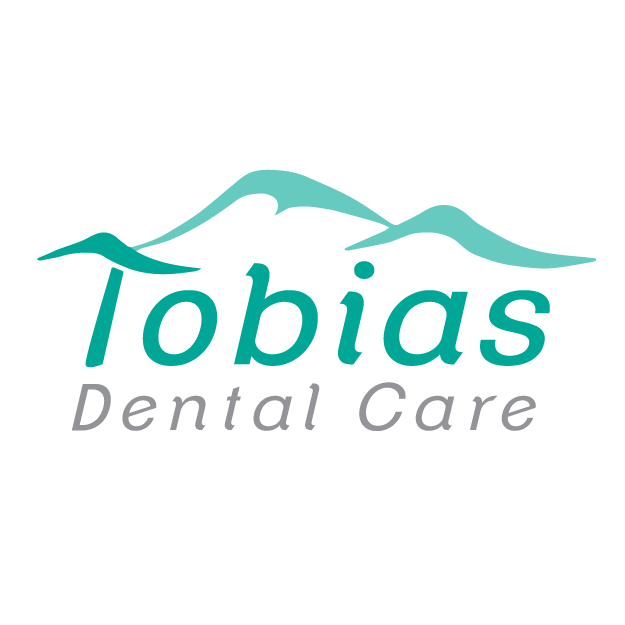Extractions
We make every effort to preserve your natural teeth. However, extractions are necessary when decay or advanced periodontal disease has made the tooth not salvageable. Wisdom tooth removal is recommended in most situations because of the lack of space for them and the ability to keep them clean. When a tooth is malformed, extensively damaged, or impacted, different procedures are used, but all extractions are considered surgery. Depending on which tooth is removed, a dental bridge, partial denture or a dental implant/crown may be an option.
FAQ
What should I expect during an extraction procedure?
After local anesthetic is complete, the tooth, bone and gum tissue should be numb. You should only feel push and pressure. Some bone around the tooth may have to be reduced and/or the tooth itself may have to be sectioned for removal. Your mouth will be open wide during most of the procedure. We use a mouth prop for you to rest on.
How long is the healing process?
For the first 24 hours some oozing and bleeding may occur. We advise no sucking through a straw or smoking during this time. We want good blood clot formation for healing. If there is excessive bleeding after the appointment, a tea bag can be placed with resting opposing tooth pressure, this should stop it. The initial healing should only take a couple weeks, for wisdom teeth it usually takes longer. The concavity left will slowly fill in over a few to several months depending on the tooth and the size of it.

